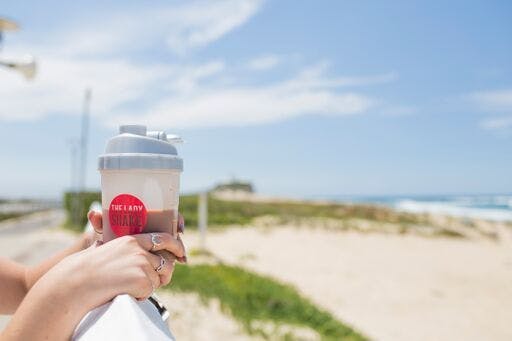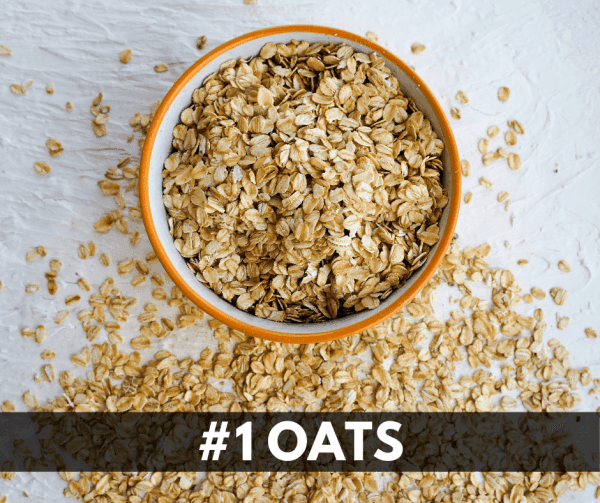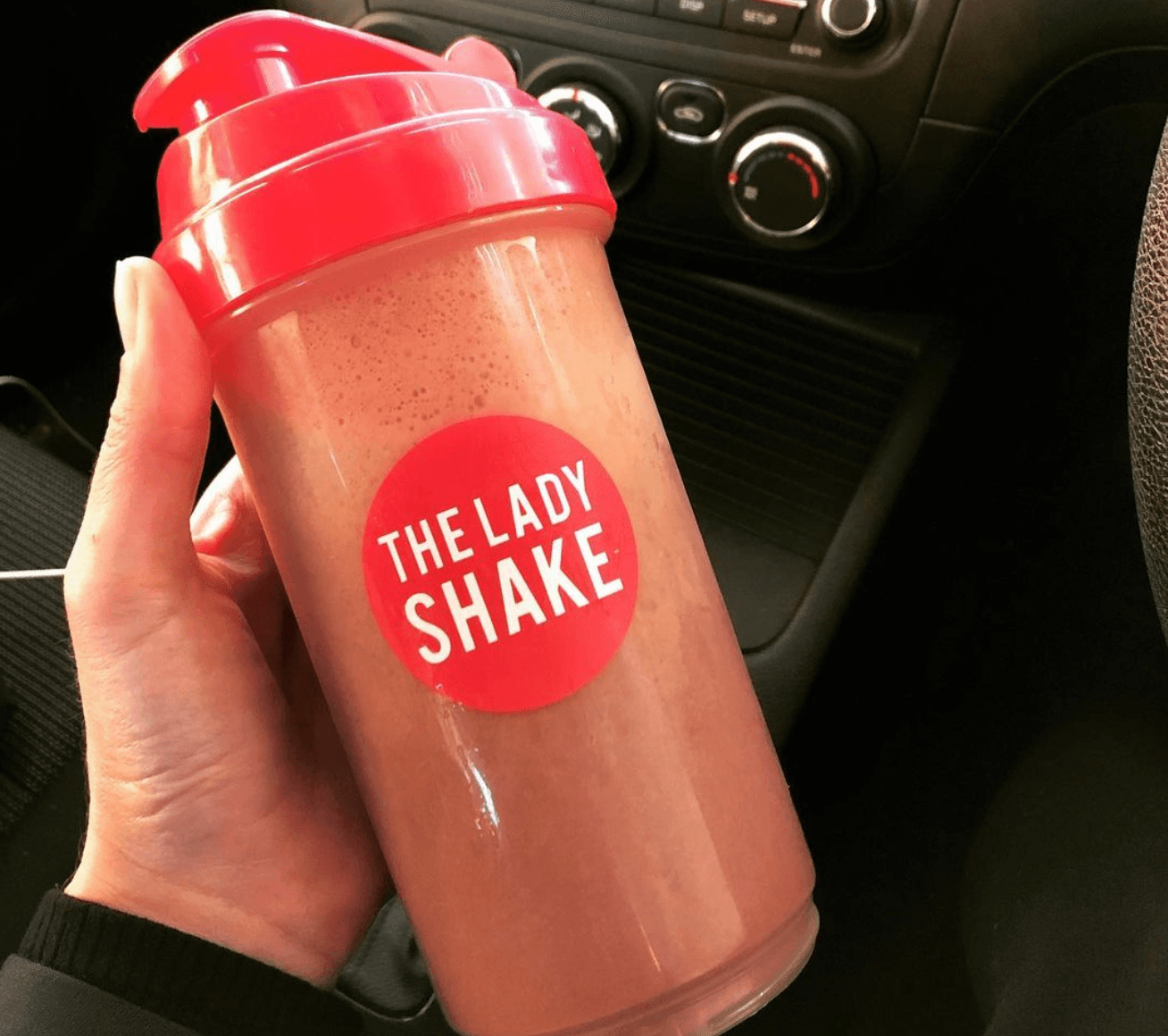Breakfast Spreads: How Do They Compare?
•Food - general

Share
No matter what you like to top your toast with — peanut butter, Vegemite, jam or honey — every spread has its pros and cons. We’ve got you covered on butter and its various alternatives, but which typical breakfast spread is best for your health? Some are full of sugar, and some have too much salt, let’s break down exactly what you’re putting into your body based on your favourite spread.
Peanut Butter
Your standard store-bought peanut butter has quite a high protein serving compared to other spreads, with 4.5g per serve. It also contains monounsaturated fats (the good kinds) and vitamin E, magnesium, and potassium — so it does have some nutritional benefits.
The thing is, peanut butter is incredibly calorie-dense — one 20g serving comes in at a whopping 122 calories, and let’s be honest, most of us probably add more! It often contains trans fats too with the purpose of extending its shelf-life, which may negate its health benefits.
Serving Size | Calories | Fat | Sugar | Price |
20g | 122 | 9.8g | 1.8g | $3.60 (500g) |
Vegemite
Australia’s beloved Vegemite has virtually no fat, no sugar and is super low in calories. The downside? It’s got high sodium content — in fact, one serving of Vegemite at a mere 5g provides 8% of your daily recommended sodium intake!
Another thing is that you’ll rarely find someone who doesn’t spread their vegemite over butter or margarine, meaning you’re adding the fat and extra calories into the mix.
Serving Size | Calories | Fat | Sugar | Price |
5g | 9 | <1g | <0.10g | $9.40 (560g) |
Fruit Jam
Fruit jam contains vitamin C, iron and vitamin B12, three essential vitamins and minerals required for optimal health. It also contains no fat!
It does contain a lot of sugar, and although some comes from the fruit itself, store-bought jams typically contain added sugars. It’s relatively high in calories, and it’s generally used on top of butter or butter alternative, adding fat and extra calories.
Serving Size | Calories | Fat | Sugar | Price |
15g | 41 | 0 | 9.6g | $3.60 (500g) |
Honey
Honey contains iron, zinc and potassium which gives it some decent nutritional value. It also contains antioxidants which are good for the heart.
Unfortunately, it’s remarkably high in sugar! Some store-bought honeys also have sugar added, so always check the label for 'pure honey'. It’s quite calorie-dense too, so if you’re on a weight loss journey, it’s not the best spread for you.
Serving Size | Calories | Fat | Sugar | Price |
15g | 51 | 0 | 12.4g | $4.70 (220g) |
Nutella
Saving the best for last! Or the worst?
Nutella is the most calorie-dense on the list — it’s full of sugar and fat. It does have calcium and iron, but a miniscule amount, giving it virtually no nutritional benefits.
Whether you’re on a health kick or a weight loss journey, Nutella should be limited!
Serving Size | Calories | Fat | Sugar | Price |
15g | 80 | 4.6g | 8.4g | $6.20 (400g) |
What To Look For
There are healthy alternatives to store-bought peanut butter, honey, vegemite and jam. So, the next time you go for a shop, pay attention to the nutritional information panel and you may be able to find a low-calorie, low-sugar alternative.
As for Nutella, dark chocolate spreads are out there, but they’re still high in calories, sugar and fat. Nutella doesn’t really have a healthy alternative because it's simply not healthy!






